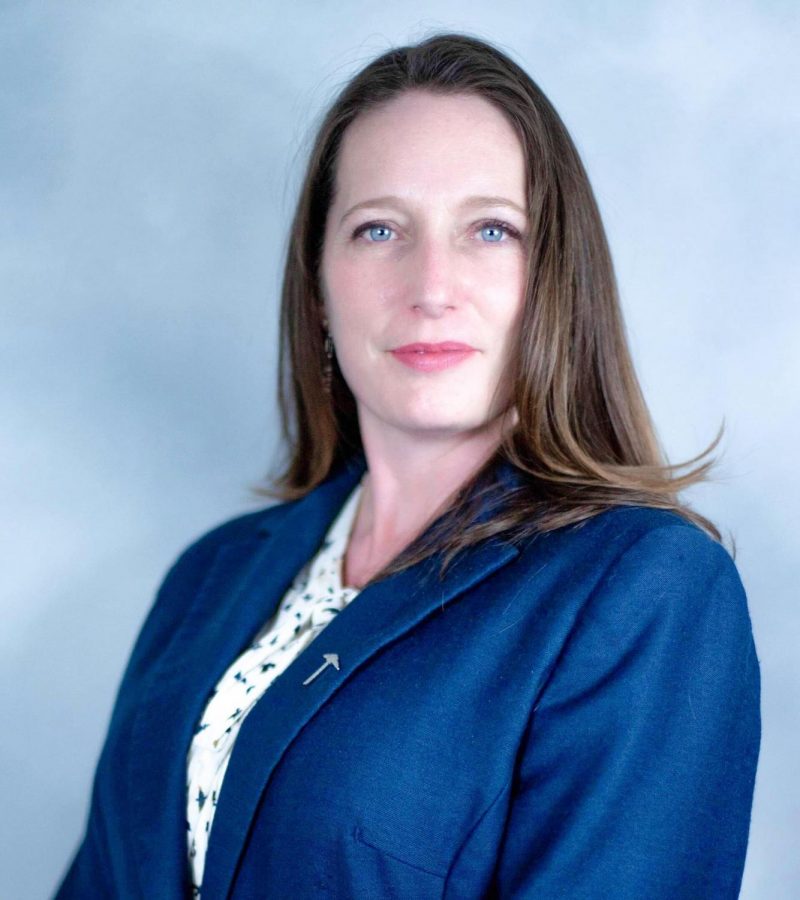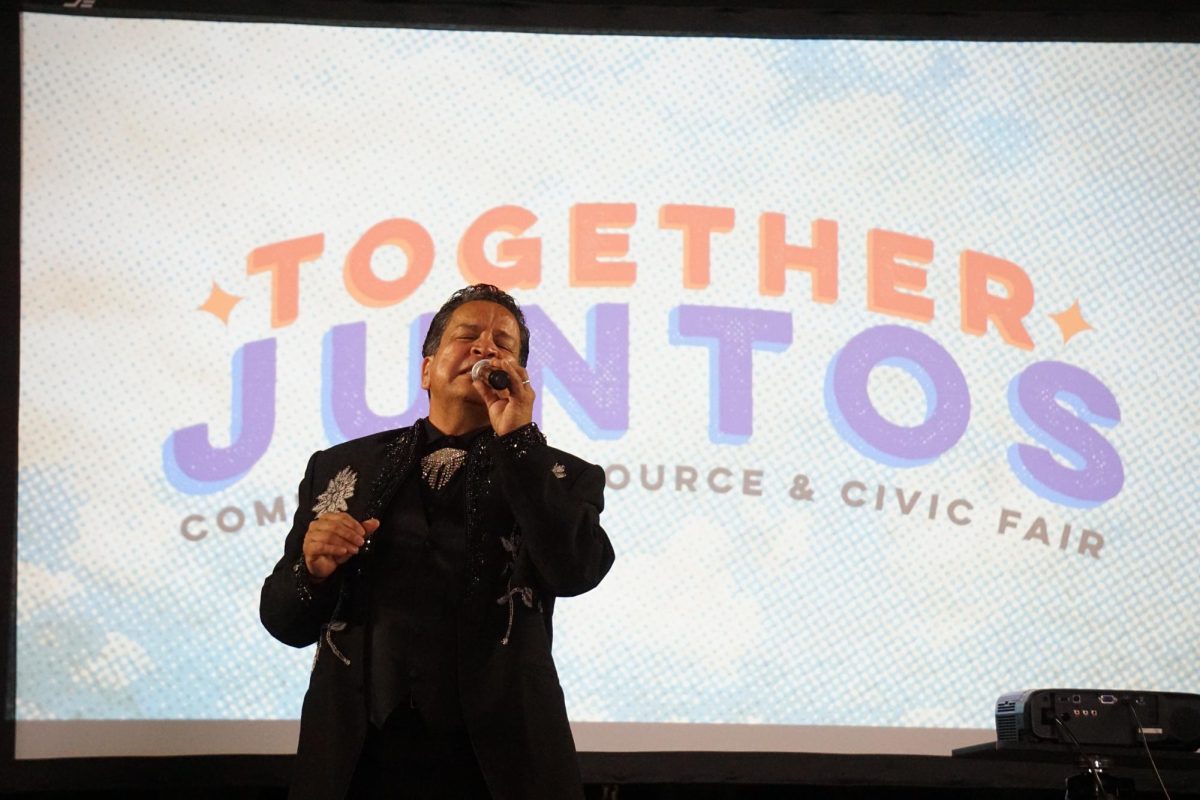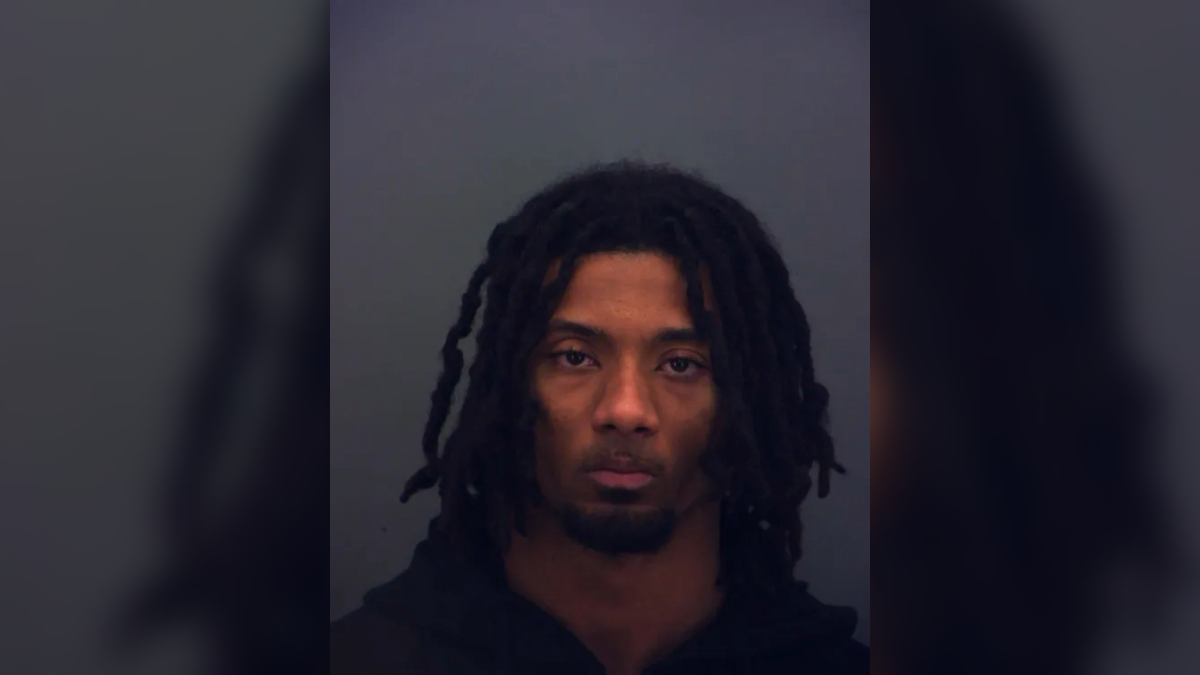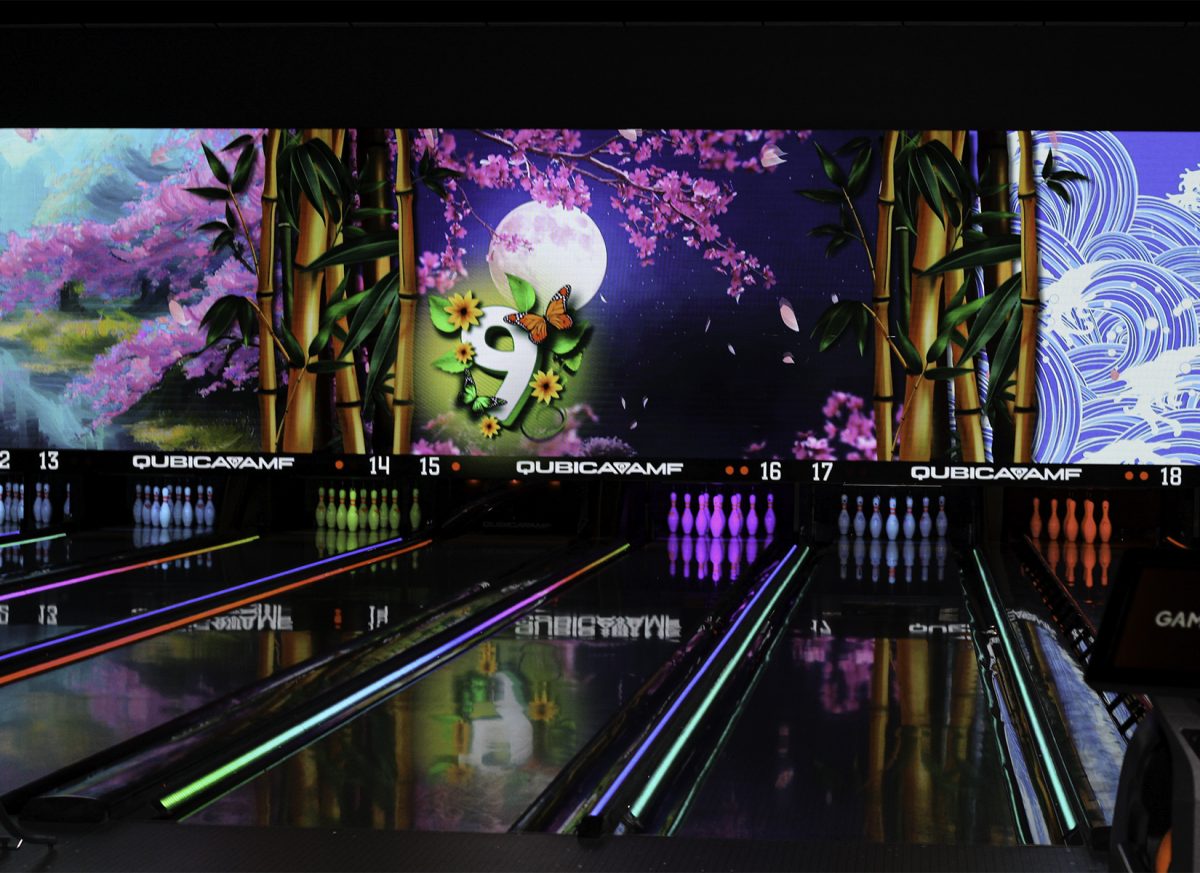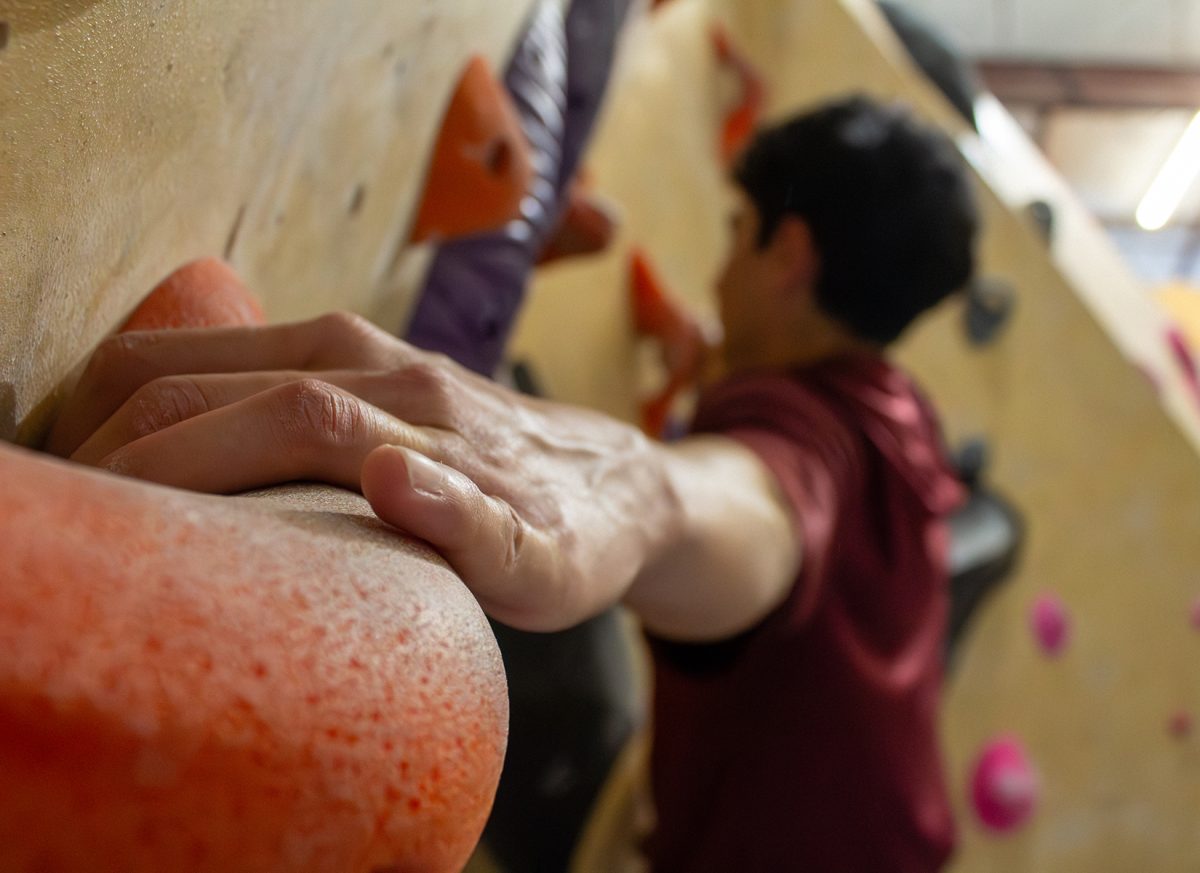Perception is everything.
This may have been the most important thing I learned as a student. What I didn’t know was how much rumination I would do on those three words in the years since.
When I walked into The Prospector as a sophomore student in 2003, my understanding of journalism was limited. I just wanted to write, and the student paper was hiring. At the time, I didn’t realize journalism would be my career, nor did I know how deeply I would believe in its value and identify with the work. I’d majored in advertising with a focus on copywriting and my minor was creative writing. I wanted to be a novelist — or better yet, a poet — but I was only beginning to know myself. Almost 16 years later, as I enter my current role as assistant director of Student Media and Publications, I have an expanded perspective that I hope will be of benefit to student journalists just getting acquainted with themselves and their career paths.
To each person, perception is their reality — shaped by a lifetime of experiences, thoughts, emotions and opinions. Simultaneously, a journalism career requires us to be objective about reality — a task much easier said than done.
Attempting to reconcile this paradox makes me a more self-aware, flexible and empathetic journalist and human being. A good way to get out of your own head to swing the pendulum toward objectivity is to truly consider the perspectives of others to be able to tell the truth to the greatest possible degree.
Objectivity is a cornerstone of journalism. So, what gives? How does one reconcile the paradox of subjective realities and objective truths? This is an important question in the current political and media landscape, where it’s easy to argue there is rampant bias and divisive political posturing. It is something journalists must continually confront. We must also consider to what degree objectivity is currently valued in our society. Is it less than in the past? What does that mean for journalists?
People have a wealth of information at their fingertips, and it creates a problem. How does one distinguish facts from fiction when virtually anything can be “proved” through a simple internet search? How do credible journalists remain so in a world where individuals or groups do not attempt to eradicate bias or even conceal it?
While it may not be possible to be completely objective as individuals, it is still a noble goal of any journalist. It’s just what we do, to the absolute best of our ability.
I’m honored to be able to help The Prospector students be the best journalists they can be.
To me, this means a willingness to learn. I don’t have all the answers, but I’ll dig into discussions and try to find out.
The Prospector informs the campus, but is also a place for student journalists to spread their wings, experiment and learn. It’s a forum for the voices of the students. There’s a place for objective journalism here, as well as subjective opinions in the form of cartoons, editorials and columns.
I’m here to support what student journalists learn in the classroom, and help them apply ethics and technical skills to the job at hand. My job is to help students see things from perspectives they’ve never considered, to explore their curiosity and be good journalists. I will strive to be a catalyst for ideas and an example of professionalism. I will be an educational resource who encourages discussions of ethics and content, the use of new technologies and protection of the First Amendment.
As the students learn, so will I.
It’s great to be back.
Tracy Roy is assistant director and editorial adviser at Student Media and Publications. She may be reached at [email protected] or 915-747-7436.

